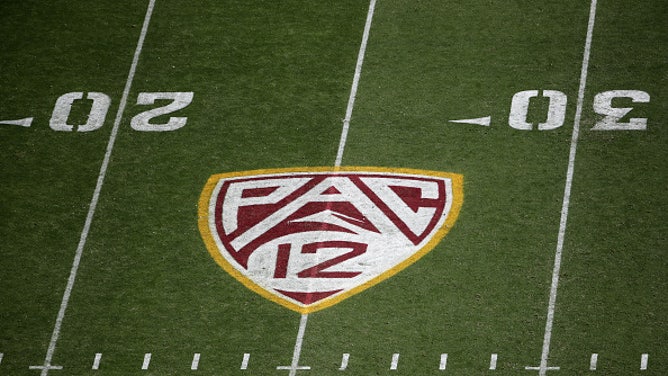Pac-12 Conference Owes Comcast $50 Million Due to Their Own Incompetence
The Pac-12 Conference is on a significant losing streak.
The conference's two biggest draws are now officially heading elsewhere after next season.
READ: UC REGENTS VOTE TO APPROVE UCLA MOVE TO BIG 10, WITH CONDITIONS
There's also continued rumors about other conferences poaching current Pac-12 members in expansion efforts.
But beyond the product on the field, this latest snafu took place off the field.
According to the San Jose Mercury News, the Pac-12 owes one of its TV partners huge sums of money from their last broadcast rights deal.
The issue stems from the Pac-12 Network, which has struggled mightily since its launch in 2012.
Apparently, in 2017 the network conducted an audit of its television revenue payments. That audit uncovered that one of the partners had been overpaying the conference each year.
Two executives then failed to disclose to the Pac-12 Board of Directors and external auditors the financial risk involved in the overpayments. According to the Mercury News, the two executives were CFO Brent Willman and Pac-12 Networks President Mark Shuken.
And so the overpayments continued through last year.
Finally the television partner, which turned out to be Comcast, told the conference about the overpayments.
Because they'd gone on for so long, the total amount due back has apparently reached $50 million.
Not a great look for the Pac-12!

TEMPE, ARIZONA - NOVEMBER 09: Pac-12 logo on the field during the NCAAF game at Sun Devil Stadium on November 09, 2019 in Tempe, Arizona. The Trojans defeated the Sun Devils 31-26. (Photo by Christian Petersen/Getty Images)
Pac-12 Financial Situation Even Worse Than Realized
The Pac-12 for years has suffered from financial concerns and a struggling television network.
Now it turns out those struggles were worse than anyone realized.
The conference has long received criticism for bewildering managerial decisions.
Former commissioner Larry Scott decided to put the headquarters in central San Francisco. While at one time a desirable location, it was also home to some of the most expensive office rents in the country.
The Pac-12 Network was also based in the Bay Area, despite having a footprint in Los Angeles. LA's also expensive, but has a wealth of programming executives, film crews and existing studios.
Scott also decided against partnering with an established network for the conference's channel.
Both the Big 10 and SEC Networks have distribution deals with legacy brands like Fox and ESPN. But Scott seemed to think the Pac-12 could benefit from having more control over its own properties.
Except it turns out there's not much interest in college water polo broadcasts.
So the network struggled mightily and has never been carried by several major cable or satellite companies.
Given the overpayments, each school could owe upwards of $4 million. Given athletic departments like Cal Berkeley have already faced huge budget issues, this certainly won't help.
But it almost certainly makes USC and UCLA feel even better about their decision to jump ship.